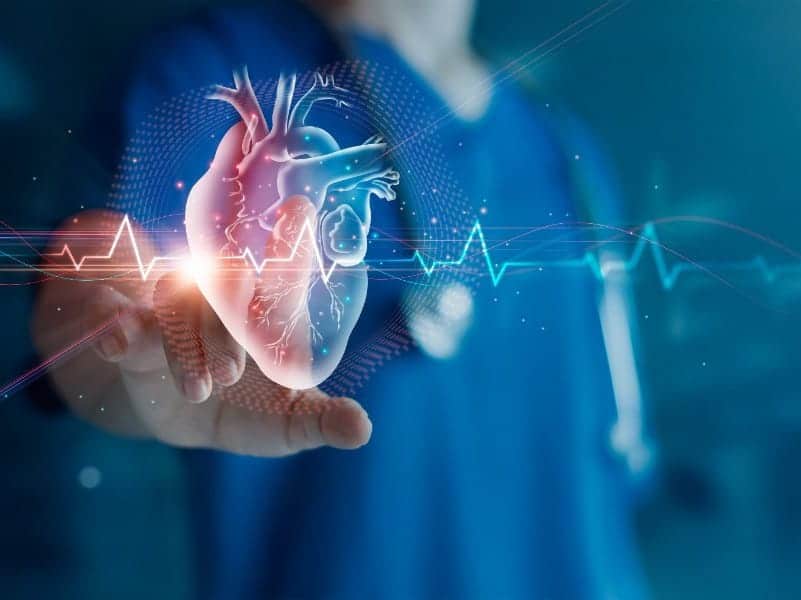Introduction
Cardiology is entering a revolutionary era where technology and artificial intelligence (AI) are reshaping the way heart diseases are diagnosed, treated, and managed. From early detection to personalized treatment plans, AI and digital innovations are making heart care more accurate, efficient, and accessible. The future of cardiology promises not only improved patient outcomes but also a reduction in healthcare costs and better prevention strategies.
The Role of AI in Cardiology
AI uses algorithms and machine learning to analyze large volumes of medical data, helping cardiologists make better decisions. Instead of relying solely on traditional tests, AI can spot patterns in imaging, blood results, and patient history that may be invisible to the human eye.
Applications include:
- Early detection of heart disease through AI-powered imaging tools
- Predicting heart attacks and strokes using risk factor analysis
- Personalized medication plans based on genetic and lifestyle data
- AI chatbots for patient education and follow-up care
Technological Innovations in Heart Care
1. Wearable Devices
Smartwatches and fitness trackers can monitor heart rate, detect irregular rhythms, and even alert users of possible atrial fibrillation. Continuous monitoring allows patients and doctors to act before emergencies occur.
2. Telemedicine in Cardiology
Virtual consultations are becoming more common, especially after the rise of digital health platforms. Telecardiology allows patients in remote areas to access expert care without traveling long distances.
3. Robotic-Assisted Heart Surgery
Robotics provide surgeons with more precision, smaller incisions, and faster recovery times for patients. Procedures like valve repair and coronary bypass are becoming safer and less invasive.
4. 3D Printing and Heart Models
3D printing allows doctors to create detailed models of a patient’s heart, making complex surgeries easier to plan and execute. Custom implants and stents are also being developed using this technology.
5. Big Data and Predictive Analytics
Hospitals are using big data to predict heart disease trends, improve patient monitoring, and optimize treatment plans. By analyzing thousands of cases, predictive analytics can identify high-risk patients earlier.
6. Genomics and Personalized Medicine
By studying a patient’s genes, cardiologists can better understand their risk of heart disease. Personalized medicine tailors treatment based on genetic makeup, ensuring more effective results.
Benefits of AI and Technology in Cardiology
- Early detection of heart disease before it becomes life-threatening
- Personalized treatments based on data and genetics
- Improved patient engagement through apps and wearables
- Reduced healthcare costs by preventing complications
- Faster recovery due to advanced surgical techniques
Challenges and Concerns
While technology offers great potential, there are also challenges:
- Data privacy and cybersecurity concerns
- High costs of advanced medical devices
- Need for proper training for healthcare providers
- Risk of over-reliance on AI without human judgment
Conclusion
The future of cardiology is bright, driven by AI and technology that make heart care smarter, faster, and more patient-centered. From wearable devices and robotic surgery to big data analytics and personalized medicine, innovation is transforming how doctors prevent and treat cardiovascular disease. While challenges remain, the integration of AI with traditional care will empower both patients and doctors, ultimately leading to healthier hearts and longer lives.

